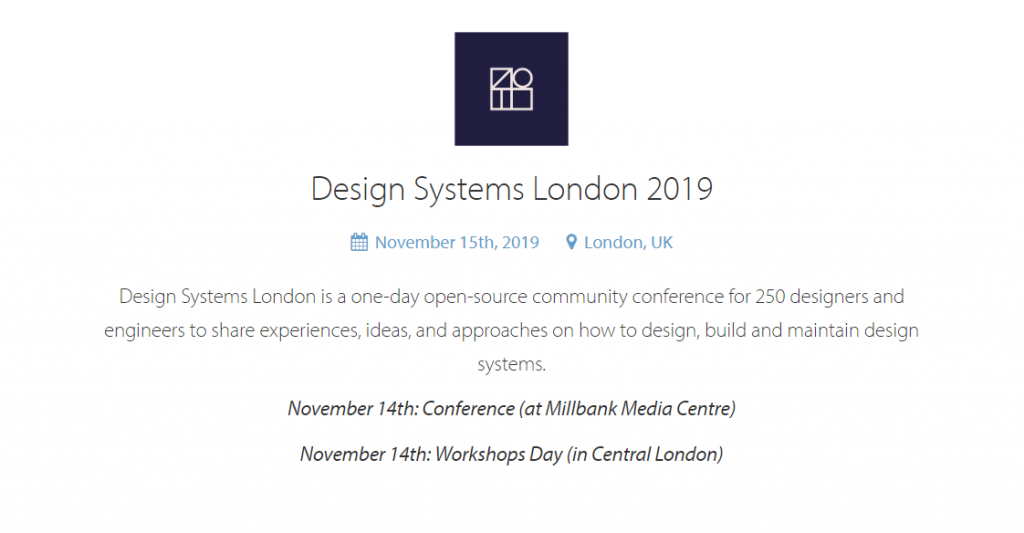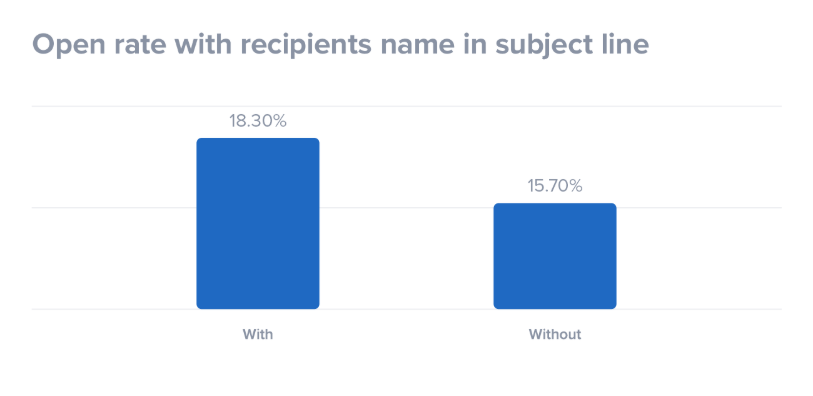
On Finding the Words to Promote an Event
Logistics tend to take all the energy in event planning. Of course they are an important element, but not when they take all the focus. The copy you use for your events, and your choice of words to promote an event, are just as important. They’re the levers you pull to sell your story, if you use them well.
For this post I’m light on the data because I believe you don’t need to know the best words that convert. You just need to be able to tell a really good story. It’s worked pretty well for me in my 10+ years in the industry.
The first rule of thumb is: If you’re not clear on the purpose of your event, you should not be running it.
To get clarity, spend time with your colleagues (or just by yourself) drilling into the reason why you are running the event. Money is not a clear enough motivation. What problem are you hoping your event will solve? What feeling do you want your attendees to have? Those answers will guide your event and the copy that will be used to promote it. Once you’ve done that you can start reading the rest of this post!
Your event heading:
1. Be specific
Scott Heiferman, the co-founder and CEO of Meetup says that, “the more specific the Meetup, the more likelihood for success.” As such, you need to be clear as to who your event is for in the title of your event. “The world’s best marketing conference,” isn’t specific enough. Rapha does it really well with this event title, “Rapha X Canyon – Women’s 100 Prep Ride.” From it we learn in order of priority:
- It’s for cyclists,
- It’s for women,
- And it’s 100 km.

The potential attendees can immediately identify if this is their tribe just by the seven words used to promote this event.
The body text:
1. Tell a good story
James Wallman in his book, Time and How to Spend It: The 7 Rules for Richer, Happier Days, spends time on the importance of your story. He talks about mirror neurons which is something that happens when you tell a story that resonates with someone. It feeds in to the importance of creating a story that your desired attendee can relate to. If they are a marketer then the majority will have experience with a CRM system. Can you build a story around that?
All great stories have a hero that will face a problem and overcome it. In business terms, therefore, your value proposition helps your attendees overcome their challenges.
Trinity College Dublin are running an event titled, “Future Career Readiness in a Changing World of Work.” They do a good job with the body copy:
- The hero is the worker,
- The problem is how future technologies can make them unemployable,
- And the solution is guidance from an expert in the world of work around ways to stay relevant and keep your job
2. Verbs instead of adjectives
Verbs add energy to your copy. They’re doing words, action words; the words that add movement to the picture of your event in your attendee’s mind’s eye.
Your potential attendees want to know what they will get at of your conference so aim to paint that picture for them with the words you use to promote any of your events.

Design Systems London 2019 are clear about what you will do at this event:
- Share
- Design
- Build
- Maintain
3. Keep it brief
I’m a big fan of succinct writing. I love short sentences. I believe it’s a great skill to be able to convey your event’s story well with a limited amount of words. Retune does a great job with keeping the copy concise but there is a lack of short sentences… that could be remedied easily.
A great tool to use to help you on your quest with brevity and adjective avoidance is the Hemingway app. I’m not a big fan of letting a computer tell you how to write but the app teaches you discipline… just don’t lose your voice to it!
Your past attendees:
1. Build rapport
If you do it well then your past attendees will be the people that will buy the tickets for your next event, plus they’ll (hopefully) send referrals your way. Besides pricing strategies, the next thing you need to do is create an email that makes them feel valued.
The stats say that using a person’s first name leads to a better open rate but it also makes people feel that you are addressing them personally. Build on that feeling by using the power of nostalgia to create an exclusive sense of community that they were part of and helped create.

Zone in on all the things that resonated highly with the attendees, your post event survey will inform this. Then start telling the event story, it needs to be compelling and it needs to solve a pain point for them.
I hope these tips are helpful and if you’ve any other advice or feedback please let me know. Happy event planning!